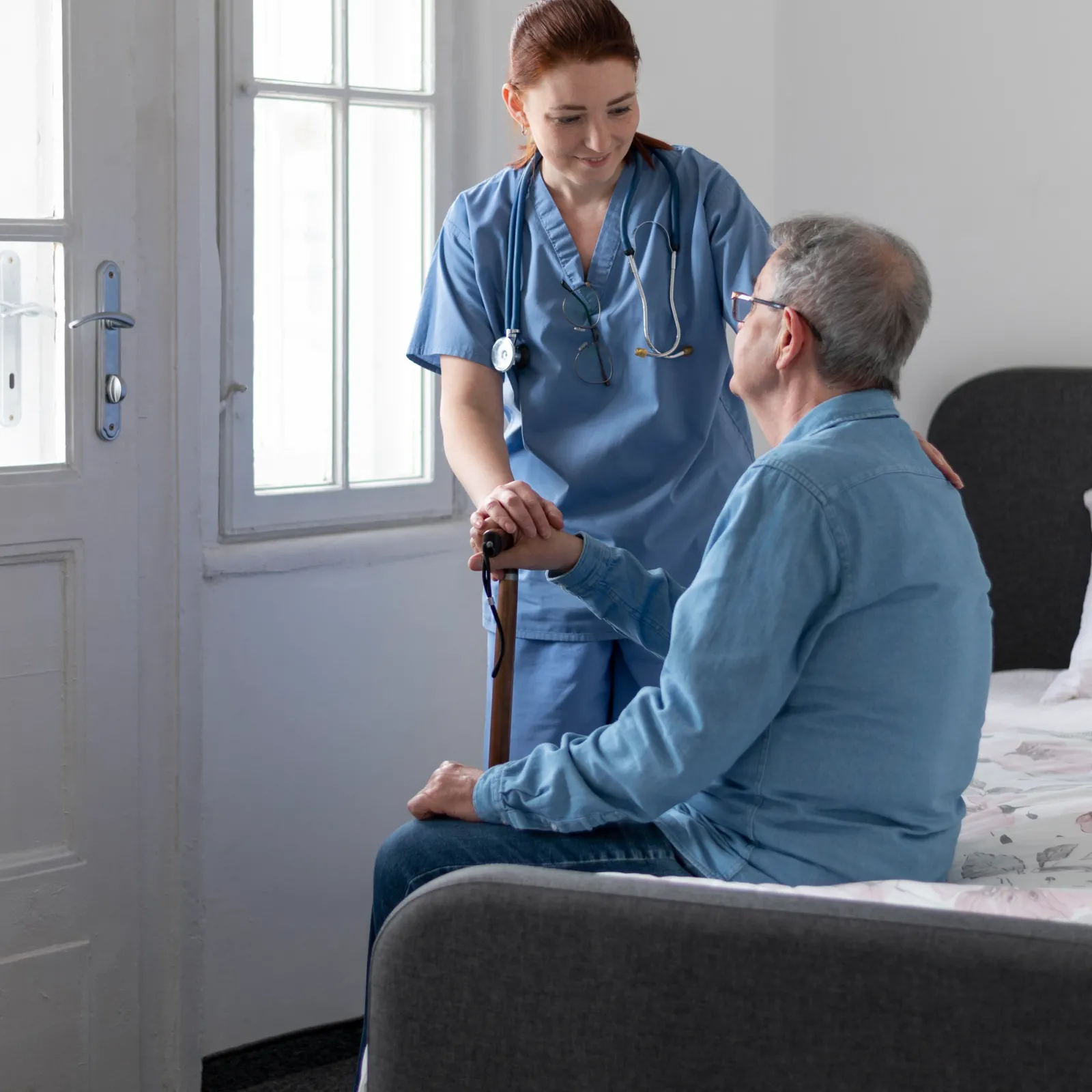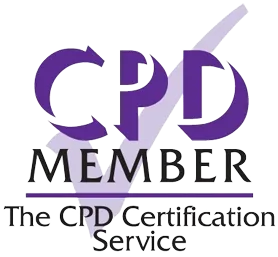29 Mar 2025
Recommended
Minimum 46 mins
Course
Access
Certification
Voiceover

The Reducing Restraints in Health and Social Care course provides healthcare professionals with the knowledge to minimise the use of restraints while maintaining patient safety and dignity. Restraint should only be used as a last resort in situations where there is an immediate risk of harm. This course explores the legal and ethical frameworks governing restraint, including the Mental Capacity Act 2005 and Liberty Protection Safeguards, and offers strategies for delivering person-centred, non-restrictive care.
Participants will learn to identify behavioural warning signs, apply de-escalation techniques, and evaluate alternative interventions, such as environmental modifications and collaborative care planning. The course also addresses best practices for safe application, continuous monitoring, and thorough documentation when restraint becomes necessary. By promoting patient autonomy and dignity, this course empowers healthcare professionals to deliver safer, more respectful care in alignment with the latest UK guidelines.
 £20
£20
Learning Outcomes.
By the end of this course,participants will be able:
To understand the legal and ethical frameworks governing restraint use in the UK, including key legislation.
To identify the risks and consequences associated with physical, mechanical, and chemical restraints.
To recognise warning signs of escalating behaviour and apply effective de-escalation techniques.
To evaluate and implement alternative, non-restrictive strategies that promote autonomy and dignity.
To develop person-centred care plans aimed at reducing restraint use.
To demonstrate knowledge of monitoring, reviewing, and documenting restraint use to ensure accountability and safety.
Course
Contents.
01
Definitions, types of restraints, and ethical considerations.
03
Identifying risk factors, vulnerable populations, and warning signs of escalation.
05
Recognising behavioural and environmental triggers and managing immediate risks.
08
Identifying signs of positional asphyxia and implementing safeguards.

06
De-escalation techniques, environmental modifications, and non-pharmacological interventions.
09
Continuous review of necessity, adverse event reporting, and improvement strategies.
02
Overview of UK legislation, including the Mental Capacity Act 2005 and Liberty Protection Safeguards.
04
Legal criteria for valid consent and principles for applying restraint.
07
Guidelines for safe use, continuous monitoring, and respecting patient rights.
10
Promoting patient dignity through non-restrictive, person-centred care approaches.
This course equips healthcare professionals with the tools to reduce the use of restraints while prioritising patient safety and dignity. By focusing on legal frameworks, de-escalation techniques, and alternative strategies, participants will learn to manage challenging situations effectively and ethically. The course ensures alignment with UK guidelines, fostering a culture of respect and patient-centred care.
 Summary
Summary


